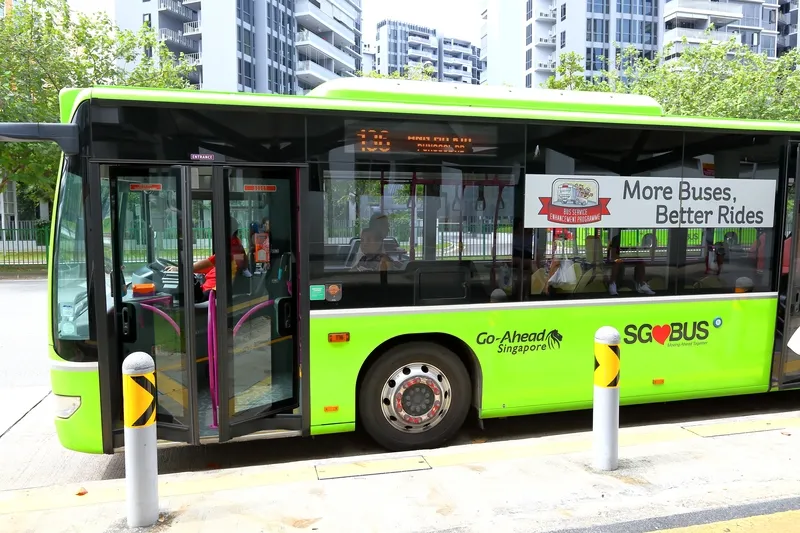C2A Security has launched a cybersecurity solution for connected and autonomous vehicles (C/AVs) that uses NXP Semiconductors’ CAN (Controller Area Network) transceivers.
C2A says the transceivers detect and prevent malicious activity on the vehicle’s CAN bus.
The solution also includes the C2A Stamper firewall and the SecMon intrusion detection software to detect potentially malicious activity. It also uses an in-vehicle System on Chip to enable an appropriate response, the company adds.
Nathanie
September 25, 2019
Read time: 1 min
C2A Security has launched a cybersecurity solution for connected and autonomous vehicles (C/AVs) that uses 566 NXP Semiconductors’ CAN (Controller Area Network) transceivers.
C2A says the transceivers detect and prevent malicious activity on the vehicle’s CAN bus.
The solution also includes the C2A Stamper firewall and the SecMon intrusion detection software to detect potentially malicious activity. It also uses an in-vehicle System on Chip to enable an appropriate response, the company adds.
Nathaniel Meron, chief product and marketing officer at C2A Security, says: "C2A is looking to provide the automotive industry with comprehensive security solutions, covering all relevant attack vectors.”









